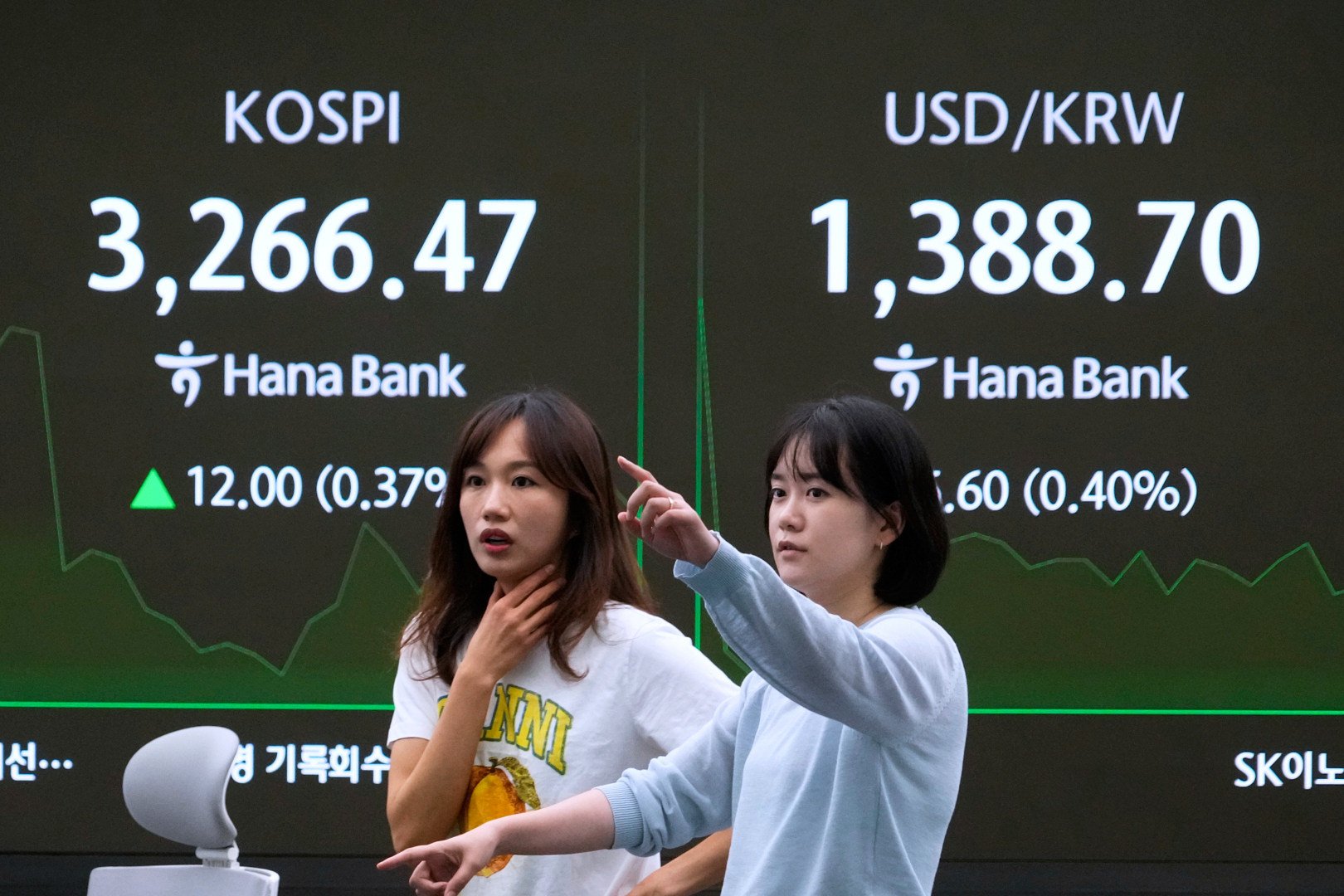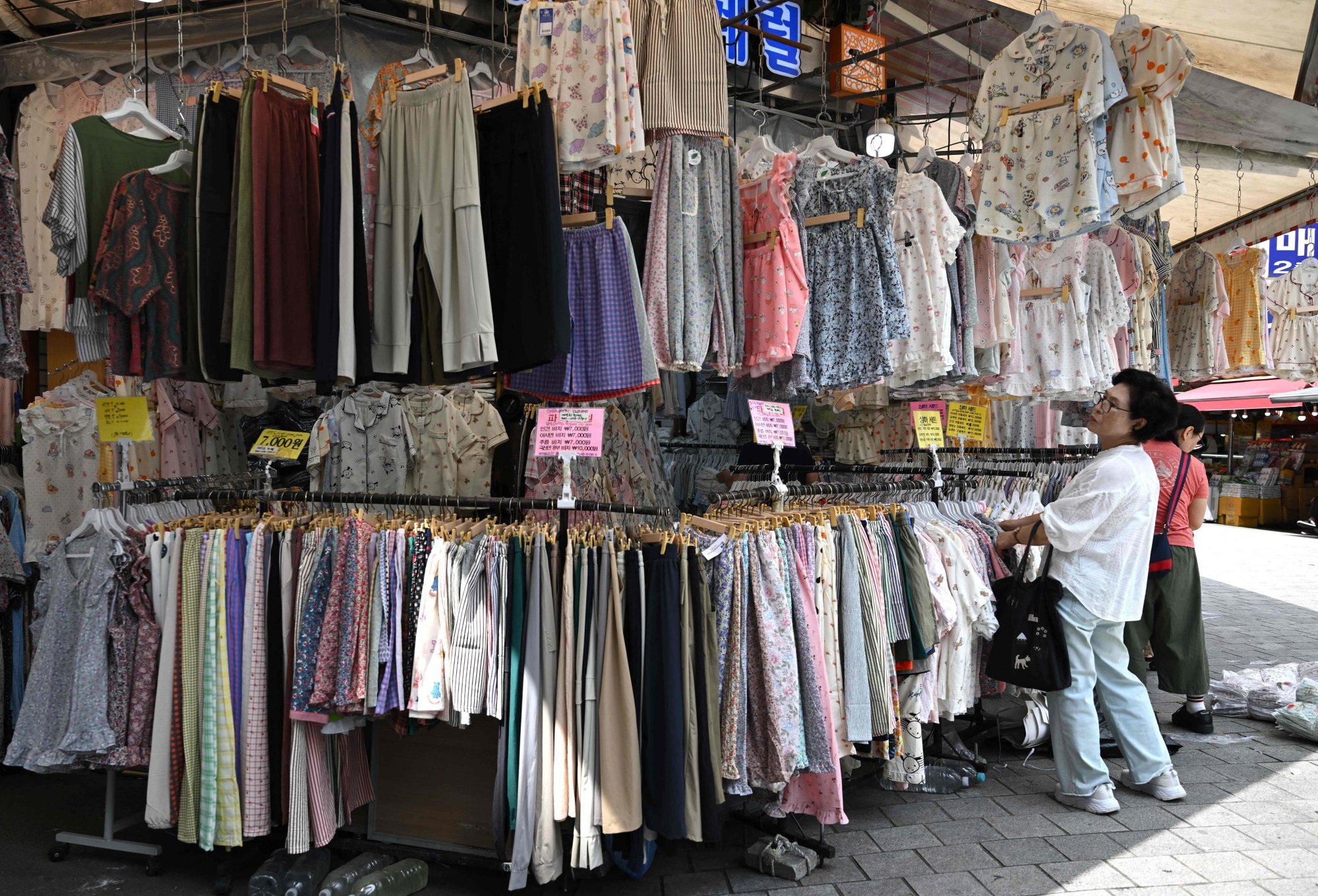Does Seoul’s stock market boom signal the end of the ‘Korea discount’?
Long-overdue corporate governance reforms and efforts to empower retail investors have created bullish sentiment around South Korean stocks

At the end of last year, few would have predicted that the Kospi, South Korea’s main stock market index, would be the best-performing major equity market this year. A short-lived attempt by the country’s then president to impose martial law, months of political turmoil and the threat of a 25 per cent tariff on South Korean exports to the United States make the Kospi’s 35 per cent gain all the more striking.
There are reasons to be sceptical about the sustainability of the rally. On a cumulative basis, foreign investors have been net sellers of South Korean shares for the last two decades, according to JPMorgan data. Moreover, although a deal has been struck for a 15 per cent tariff rate, South Korea is more vulnerable to higher trade barriers, with the US alone accounting for nearly 20 per cent of the nation’s exports.
Yet South Korea is taking a leaf out of Japan’s book by enacting potentially far-reaching corporate governance reforms. One of the main reasons Japanese stocks have surged since early 2023 is a campaign by the country’s stock exchange to incentivise companies to improve their cost of capital, governance standards and engagement with shareholders.
The Japan Exchange Group, which controls the Tokyo and Osaka bourses, even began publicly identifying firms that complied with its measures, thereby shaming those that disregarded them. The results of Bank of America’s latest Asia Fund Manager Survey on July 15 showed that Japan was the most popular market in the region, with governance reforms seen as key to the long-term prospects for Japanese equities.
However, the third most attractive market was South Korea. A higher proportion of respondents, moreover, believed bolder governance reforms would have a “strongly positive impact” on the country’s stock market.
There are grounds for optimism. For example, the victory of Lee Jae-myung, a member of the left-leaning Democratic Party that controls South Korea’s parliament, in a snap presidential election on June 3 has given new impetus to capital market reforms, one of the main pillars of his campaign.
Goldman Sachs, which is bullish on South Korean stocks, believes a unified government has improved the prospects for governance reforms which began a decade ago but proved ineffective over the failure to tackle the underlying causes of the “Korea discount”. This term is used to describe persistently low equity valuations stemming from poor governance at the family-controlled conglomerates or chaebol that dominate South Korea’s economy and account for the bulk of the Kospi’s market capitalisation.
The chaebol have helped keep stocks undervalued, mainly because of excessive control wielded by the founding families as “the widespread existence of cross-shareholdings makes it difficult for minority shareholders to pressure management which, in turn, weakens balance sheet discipline”, HSBC noted in a report on June 4.
Despite the boom in South Korean stocks this year, the valuation gap between the Topix, one of Japan’s main equity gauges, and the Kospi has widened sharply since 2023, when the Tokyo bourse began pushing companies more forcefully to raise their corporate value. According to Societe Genérale data, three-quarters of listed firms in South Korea have a price-to-book ratio of less than one, meaning investors value them below the stated worth of their net assets.
Efforts to narrow the Korea discount began in earnest on July 3, when the parliament approved revisions to the country’s commercial code that make members of companies’ management boards legally accountable to all shareholders and limit the voting rights of the biggest shareholders to 3 per cent when appointing members of audit committees. Other reforms are afoot, including measures that would help increase payout ratios and dividend yields, which are low by global standards.

Also, the interests of politicians, regulators and investors are more closely aligned this time. Nearly 30 per cent of South Koreans own stocks, more than double the share in 2019. Retail investors have become a potent political force which the government wants to unleash through a reallocation of savings.
While the ranks of retail investors have swollen since the pandemic, a staggering 75 per cent of household assets is tied up in real estate. The government wants to redirect some of this wealth into stocks to help boost valuations and take some of the heat out of South Korea’s housing market, especially in Seoul.
Unhandled type: inline-plus-widget {“type”:”inline-plus-widget”}
Sentiment in the stock market has improved since Lee’s victory. Even foreign institutional investors have become net buyers of South Korean shares, purchasing more than US$5 billion worth of stocks since May, according to HSBC data. The combination of a deeply undervalued market, a cyclical earnings recovery and Japanese-style governance reforms underpins the bullish case for South Korean equities.
Yet investors should not get carried away. Taking on the keystones of South Korea’s economy carries risks, especially given the dominant position of the conglomerates in globally important sectors. The chaebol argue hasty reforms could harm growth and investment at a time when South Korea can ill afford further economic headwinds.
Moreover, stock market rallies driven by retail investors often lead to overexuberance. It is still early days as far as South Korea’s governance reforms are concerned. Even if the next batch of measures to improve shareholder rights is enacted, the impact of the reforms on the performance and transparency of companies will only become apparent in a couple of years.
Still, the new government deserves praise for tackling the Korea discount head-on. While poor governance is just one of several major challenges facing South Korean policymakers, it is one that needed to be addressed more aggressively.